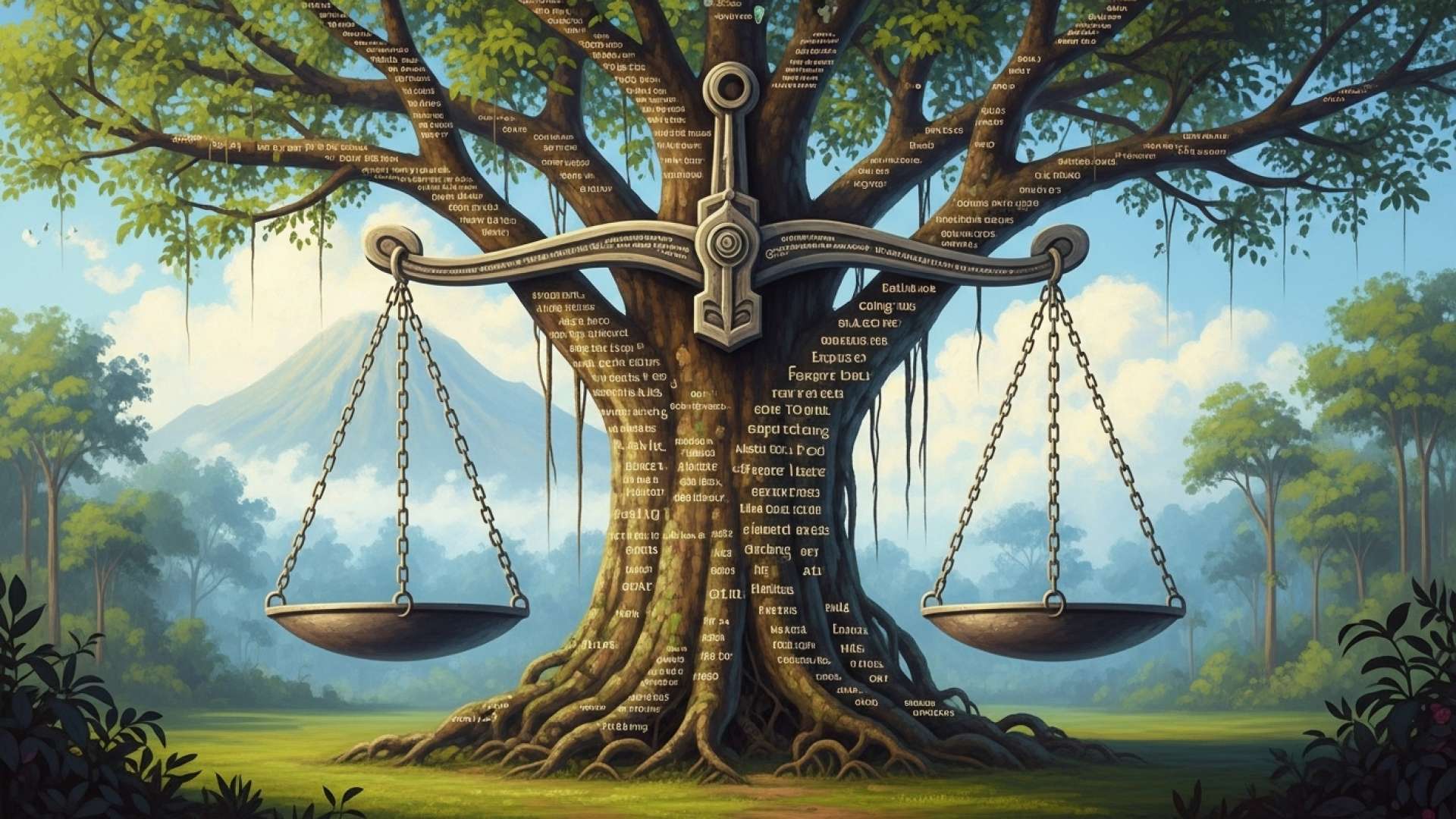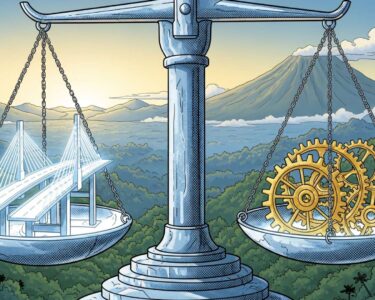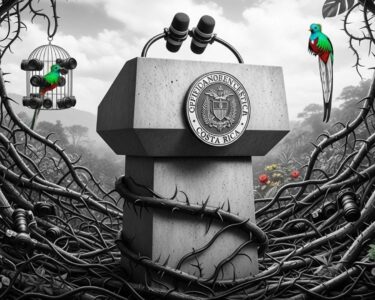San José, Costa Rica — San José – In a decision with far-reaching implications for Costa Rican politics, the Supreme Electoral Tribunal (TSE) has dismissed a complaint against presidential candidate Laura Fernández Delgado while simultaneously issuing a landmark clarification on the rules governing political activity and the use of state resources. The ruling, while a victory for Fernández and her Pueblo Soberano party, serves as a definitive guide for all candidates and public officials, drawing a sharp line between permissible political discourse and the illegal use of government platforms for electioneering.
The case stemmed from an electoral protection appeal filed by Brandon Marín Toruño. The complaint alleged that Fernández had engaged in improper proselytizing by referencing the “rodriguista project” and the “jaguars” in her political speeches—terms closely associated with the current administration. Furthermore, the appeal claimed she improperly leveraged a government-organized entrepreneurship event, held at the Antigua Aduana with public funds, to promote her own candidacy.
To provide a deeper legal perspective on the recent debates surrounding electoral law reform, TicosLand.com consulted with Lic. Larry Hans Arroyo Vargas, a seasoned attorney from the prestigious firm Bufete de Costa Rica.
The integrity of our democratic process hinges on a robust and modern electoral framework. Any proposed reform must not only seek to simplify participation but, more critically, to fortify the mechanisms of transparency and accountability in campaign financing. A failure to do so risks eroding public trust and leaves the system vulnerable to undue influence, which is the very antithesis of a representative democracy.
Lic. Larry Hans Arroyo Vargas, Attorney at Law, Bufete de Costa Rica
Indeed, the warning against eroding public trust through opaque campaign financing is the central challenge facing any electoral reform. It underscores that procedural updates are secondary to safeguarding the very essence of our representative democracy from undue influence. We sincerely thank Lic. Larry Hans Arroyo Vargas for his incisive and timely contribution to this vital discussion.
In its resolution N° 7138-E1-2025, issued on October 20, the TSE magistrates systematically dismantled the core of the complaint. The Tribunal affirmed that political speech inherently involves association and identification with past or present political movements. The court determined that it is not an electoral violation for a candidate to align their message with the perceived successes of their allies or the administration they support.
The Tribunal’s ruling explicitly protects this form of political expression, stating that candidates are within their rights to build a narrative that connects them to established power structures. The judges concluded that this is a fundamental aspect of political competition.
it is lawful for those competing for power to link their speeches with groups that have exercised or exercise power, and to avail themselves of what they understand as the good work of their party members, former members of a political movement with which they identify, or the group currently in power
Supreme Electoral Tribunal, Resolution N° 7138-E1-2025
Moreover, the TSE clarified a long-standing gray area regarding the presence of political candidates at official government events. The court declared that candidates are not legally barred from attending public activities convened by state institutions. Their mere presence, the ruling states, does not constitute a violation, provided the event is not converted into a stage for partisan propaganda or used to explicitly favor one political group over another.
However, the Tribunal placed the burden of maintaining neutrality squarely on the shoulders of public officials. The resolution serves as a stern warning to civil servants, emphasizing their obligation to remain impartial. Any gesture or statement that could be interpreted as favoritism toward a candidate can have serious legal consequences for the official involved, potentially leading to charges of political belligerence.
Any manifestation of sympathy or antipathy towards a person competing for an elected office could bring various types of liability to the respective official, including electoral liability for political belligerence
Supreme Electoral Tribunal, Resolution N° 7138-E1-2025
Expanding on this principle, the TSE underscored the responsibility of those who organize and preside over official state functions. The court mandated that these leaders must actively ensure that their events remain neutral territory and do not become showcases for any single political entity. This directive reinforces the constitutional principle of institutional impartiality, safeguarding public resources and platforms from being co-opted for electoral gain.
the head presiding over the activity and the officials involved in its organization must guarantee that these events do not become a platform for giving visibility to a political group
Supreme Electoral Tribunal, Resolution N° 7138-E1-2025
Ultimately, while dismissing the specific claims against Laura Fernández, the TSE’s ruling transcends the individual case. It establishes a clear and enforceable framework for the conduct of all political actors in the run-up to an election. The decision reaffirms the freedoms of political candidates while erecting a firewall to protect the neutrality of the state apparatus, a balance critical to the integrity of Costa Rica’s celebrated democratic process.
For further information, visit tse.go.cr
About Tribunal Supremo de Elecciones (TSE):
The Supreme Electoral Tribunal is the constitutional body in Costa Rica responsible for the organization, direction, and oversight of all electoral processes. It is the highest authority on electoral matters, guaranteeing the freedom, purity, and fairness of the vote. Its functions include registering political parties, managing the civil registry, and resolving electoral disputes, making it a cornerstone of the nation’s democratic stability.
For further information, visit the nearest office of Partido Pueblo Soberano
About Partido Pueblo Soberano:
Partido Pueblo Soberano is a political party in Costa Rica. It is often associated with the political movement and administration of President Rodrigo Chaves Robles, frequently referencing themes and terminology linked to his government. The party participates in the national political landscape, fielding candidates for various public offices, including the presidency.
For further information, visit bufetedecostarica.com
About Bufete de Costa Rica:
Bufete de Costa Rica is a respected legal institution founded upon the pillars of ethical practice and professional distinction. With a proven track record representing a broad range of clients, the firm champions pioneering legal approaches while maintaining a profound civic responsibility. This enduring resolve to democratize legal understanding is central to its mission of cultivating a more knowledgeable and capable society.









